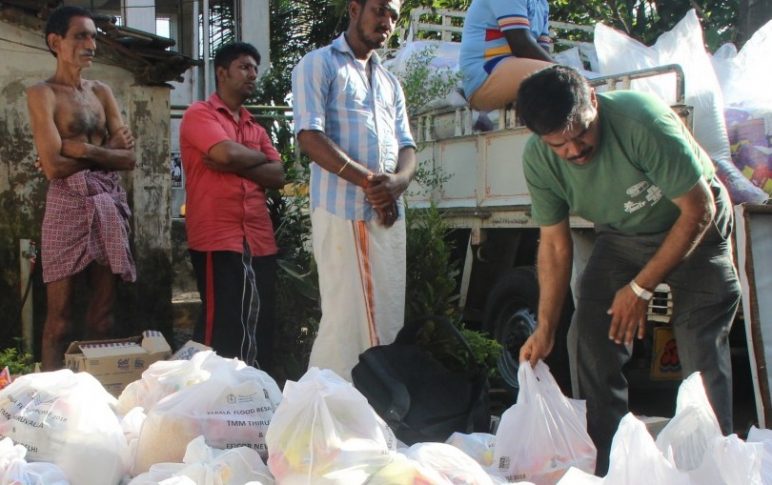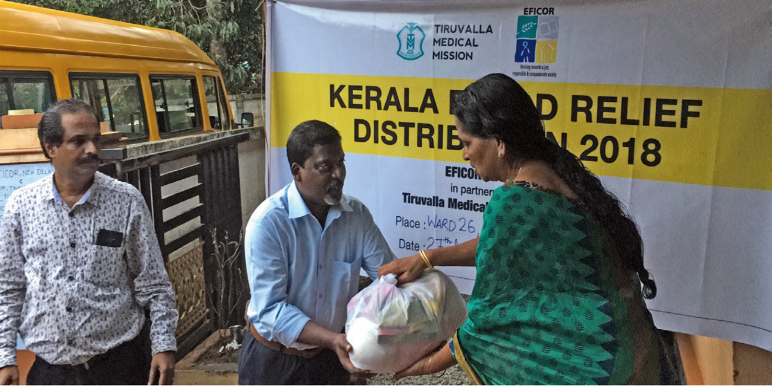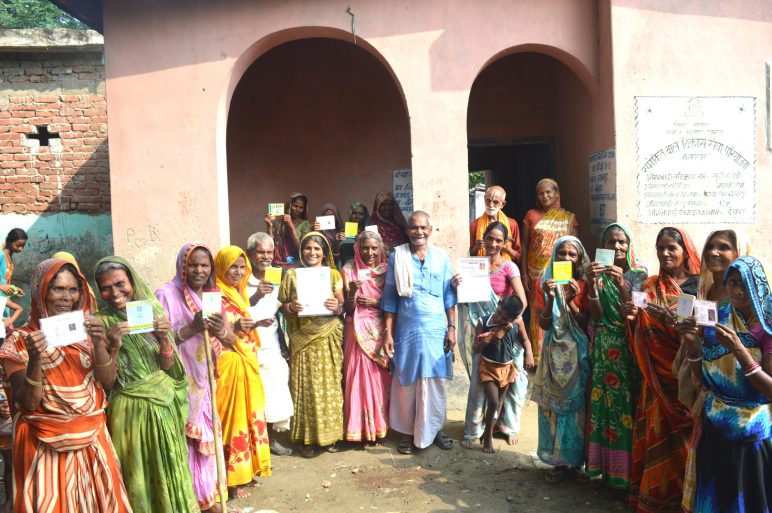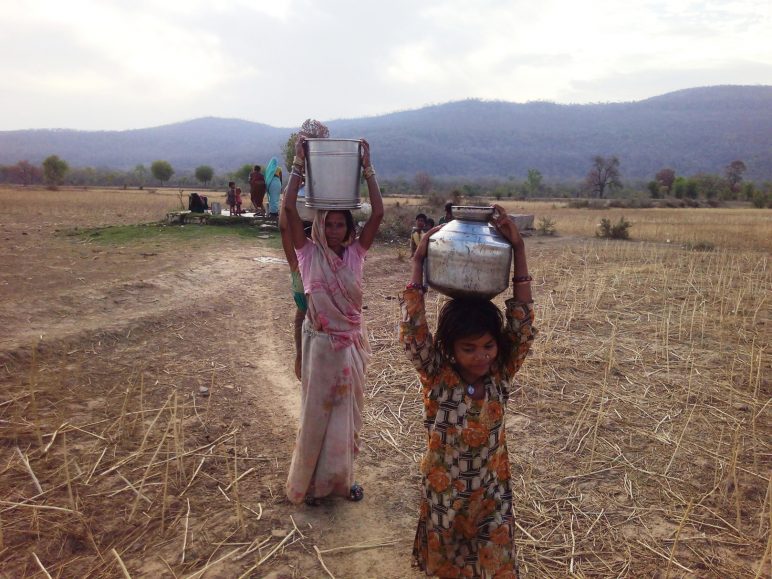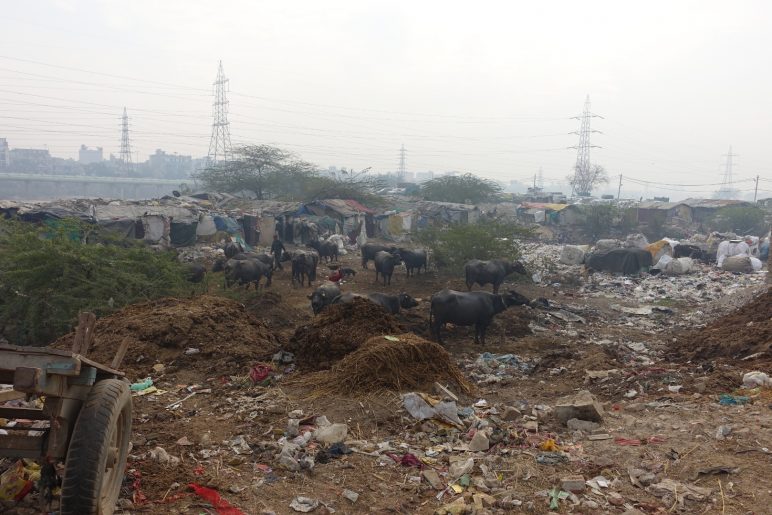CEDAR Fund’s partner EFICOR distributes emergency supplies to flood-affected families in Kerala (Photo credit: EFICOR)
“If we don’t address the needs of the poorest people in the community, then our projects will have no meaning,” said Ramesh Babu, programs director of EFICOR.
EFICOR, the Evangelical Fellowship of India Commission on Relief, is our Indian partner accumulated 51 years of experience in poverty alleviation and disaster relief. In India, climate change is closely linked to increased poverty. More than half of India’s working population is farmer, and around 30% of total population lives below the poverty line. While it is most affected by climate change, it frequently suffers from severe floods and droughts. Farmers’ annual harvests are also greatly reduced because of the impacts of global warming. Last year, several hundred peasants committed suicide because they could not bear the huge economic pressure brought by the drought in Tamil Nadu, South India.
When facing disasters, poor farmers are usually the most vulnerable as they lack knowledge, economic capacity and reliable social infrastructure to deal with natural hazards.





